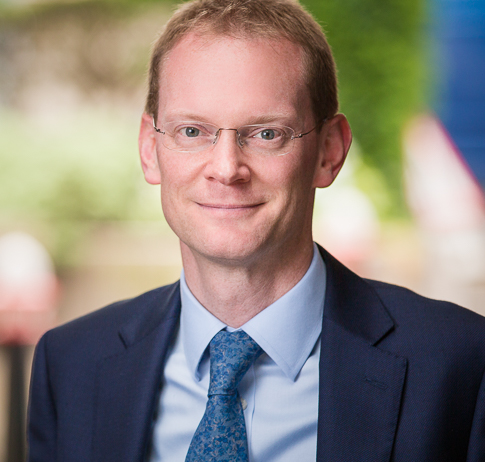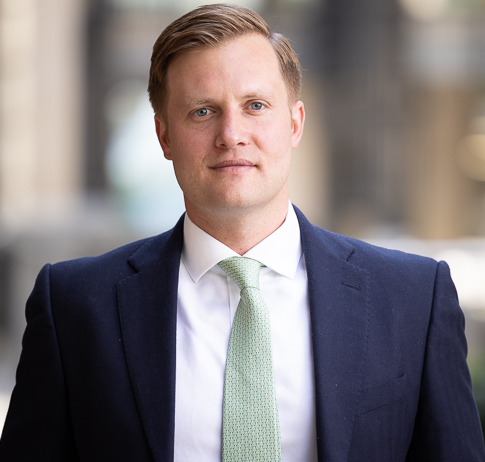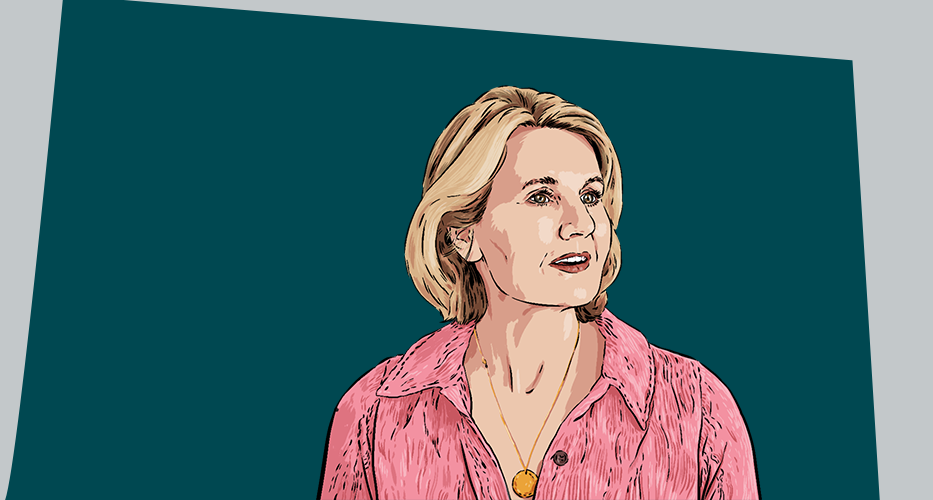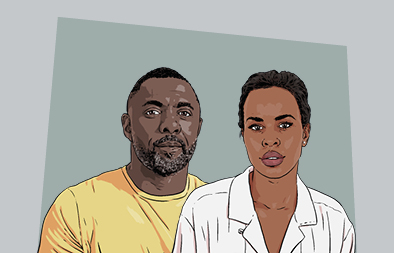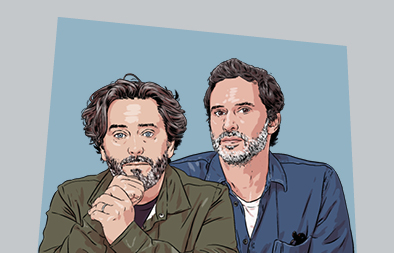Article
Defining moments interview series: Ben Lovett
15 November 2021
Mumford & Son’s Ben Lovett on the future of live music, checking his privilege and closing his career loop.
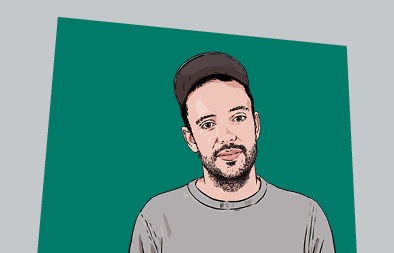
For musician, entrepreneur and promoter Ben Lovett, lockdown was a period of significant contemplation. Earlier this year, his partner, La Ligne CEO Molly Howard, gave birth to their first child. He says: “It’s obviously made me quite reflective of my own privilege and the opportunities I was lucky enough to receive without having to generate.”
As someone who made his living in the performing arts, the Covid-19 pandemic gave him no option but to press pause.
“There have been a lot of watershed moments,” Lovett muses. “It’s been a time for reflection on what we’re doing about gender, what we’re doing about race. When all industries are on pause, it brings conversations to the fore and people’s heads aren’t down. In some ways it could be a positive opportunity for things to recalibrate and get off on a better foot.”
Thirty-five-year-old Lovett has had an impressive career as a keyboardist and piano player with Mumford and Sons, a band he formed with his schoolfriend Marcus Mumford and which went on to become one of the most successful British groups of the 2010s.
The band’s journey to Grammy, Ivor Novello and Brit-award winning status had many high points, says Lovett, but he adds that it’s hard to pinpoint the moment everything changed. “There was no guidebook so there was nobody saying: ‘You’ve made it’,” he says. “We really were taking each gig and collaboration as it came.”
There was no guidebook - nobody saying: 'You've made it'
It’s the collaborations that stick in his mind, he adds: “We liked to think of ourselves as a backup band or guns for hire. And when you’re with people like Ray Davies, Neil Young, Mavis Staples, Elton John or Emmylou Harris and realise those musicians want to be on stage with you, you know you’re not just a teenager from south-west London anymore.”
“Those revelations tend to happen mid-set,” he laughs.
In 2014, “during a conversation around the fireplace after Christmas dinner” with his father and his brother (who was at the time running the finances for Soho House North America), Lovett founded “the thing I am proudest of” – entertainment and hospitality provider Venue Group. The firm, which now employs 225 people, works to provide cutting-edge performance spaces in London, including Flat Iron Square – a 40,000 sq ft site with food stalls – a 350-capacity music venue called Omeara, and the 600-capacity venue Lafayette at the new Goods Way development in Kings Cross.
In the US, the business is developing a venue in Huntsville, Alabama, and working on a number of other opportunities.
“We started talking about the idea of ‘third place’,” says Lovett. He explains that the expression, coined by sociologist Ray Oldenburg, “refers to those places you spend a third of your life that aren’t your home or work. Village halls and churches simply don’t provide that in the way they used to 100 years ago. We’re trying to provide that important part of social discourse.”
These was and is a huge opportunity to bring another generation of venues to the table
“There was and is a huge opportunity to bring another generation of venues to the table,” he adds. “The Shepherd’s Bush Empire was built in 1903, Brixton Academy in 1929. They’re good but there’s been a steady decline in venues. Yet at the same time, more people are going to more live music than ever. The stats don’t marry up.”
He explains that the Venue Group is building “spaces that great things can happen in. Somewhere that people can leave the show and step into a food offering and share experiences.”
Several live performances stand out as defining moments for Lovett. “We did an event [Summer Stampede] in the [London 2012] Olympic Park for 65,000 people in 2013. It was a year after the Olympics and I remember feeling so proud of London and what had just happened. The city was on a real high. We took an open-top double-decker bus through London and brought a bunch of musicians. We do like to make an occasion out of an occasion.”
He adds: “I also remember every Glastonbury tent we played on the way up, from the 2007 Greenpeace tent where we had 20 minutes and only four songs.”
Lovett started playing piano when he was five and really took to it. As the youngest of four children, he says it was a way to separate himself from his siblings. “I always had a natural urge to perform.” He started a band when with his schoolmate Marcus Mumford when he was 12. “It’s so embarrassing and pretentious but we were called Détente,” he laughs. “We were learning about the Cold War at the time. I mean, I guess all teenage band names are bad. I’m not even sure Mumford and Sons is that good a name either to be honest.”
At that age he still had vague plans to become an astrophysicist, but when he was 16 a conversation with saxophonist Branford Marsalis prompted him to change direction. “He just said: ‘You should be dedicating your life to music’. I took his words to heart and from that moment on I have done just that.” Lovett spoke to Marsalis recently and reminded him about the conversation: “He’d been following my career and was really happy for me. It was great to be able to close the loop.”
In 2006, before Mumford and Sons had released their first album, Lovett founded his artist-led community, label and promotion company Communion, which has released records by Ben Howard, Gotye and Willy Mason. It is, he says, “a fiercely independent company. I am all in on small family held businesses.”
Right now is a defining moment for live music, Lovett says, but he’s optimistic about the future. “Live music predates a lot of the stuff we consider to be the main pillars of society,” he explains. “Singing and congregating and making rhythms are such a primal need and we have always found different ways to manifest that. It’s an inevitability. I feel like there’s a journey left to bring things back to 2019 levels of attendance and confidence, but it’s going to happen so I am not fearful.”
First published on the FT.com and produced in partnership with the Financial Times Commercial department.

Defining moments
What does it take to be successful and how do we navigate key moments in our lives? We explore stories of success with the FT.
Defining moments interview series